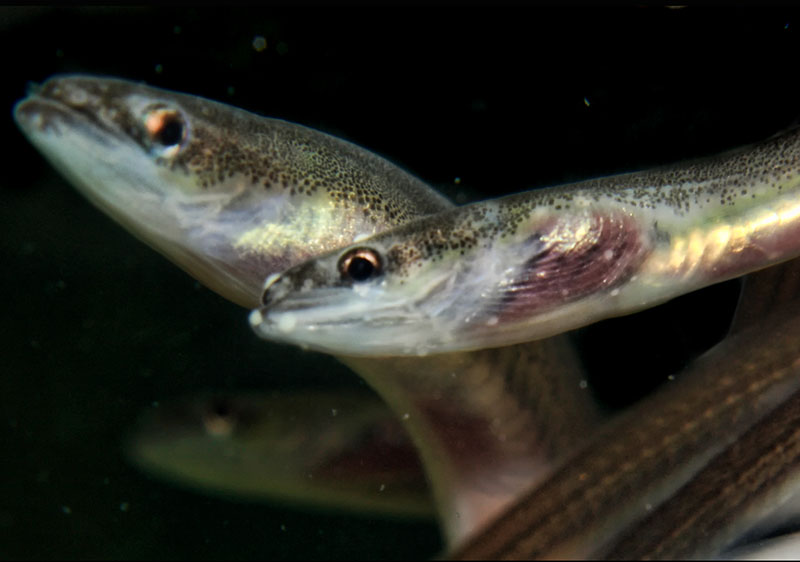The Maine Department of Marine Resources decided to shut down the state's lucrative elver fishery two weeks early, claiming that illegal sales are jeopardizing the agency's ability to manage the fishery properly.
The DMR announced late Tuesday afternoon that all harvesting operations must halt by 6 a.m. on Thursday, May 24.
Elver dealers and fishermen are required to use an electronic swipe card system that allows regulators to track the fishery in real time. But a Maine Marine Patrol investigation concluded that some dealers are paying less than the going rate — $2,400 per pound, on average — in cash and keeping the transactions off state records.
“The future of this lucrative fishery is now in question,” DMR Commissioner Patrick Keliher said in a prepared statement. “We clearly have to consider additional measures to ensure that Maine can remain compliant with [catch limits], that we can continue to protect our state’s valuable marine resources, and that we can hold accountable anyone who chooses to squander the opportunity those resources represent.”
The agency hasn't released any details about the investigation, but a DMR statement suggests multiple dealers and fishermen could be charged. It's unclear at this time how investigators uncovered the illegal sales.
The elver fishery has been thriving in recent years. This year harvesters hit a record value just before regulators announced the shutdown — fishermen had sold more than $20 million worth of the eels this season, according to the Maine DMR. The previous record was $13.4 million.
U.S. elvers are mainly sold to companies in Asia where they are raised to full-size eels. As foreign stocks dried up, the value of U.S. elvers has skyrocketed.
This led to the implementation of a quota system in 2014 to improve oversight and protect the fishery from a harvester gold rush of sorts.
Earlier this month, the U.S. District Court judge in Portland sentenced two more participants in an illegal elver trafficking and poaching ring made up of 21 harvesters on the East Coast.







